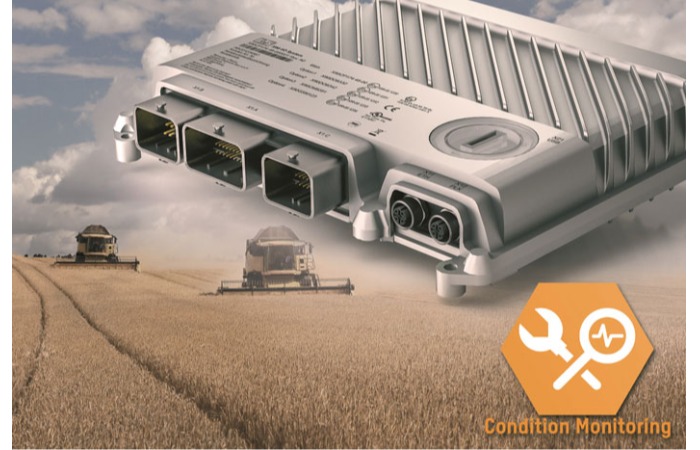Schedule a Call Back
India has the potential to become regional MRO hub
Vice President Venkaiah Naidu recently said that India had the potential to become the MRO hub of the world. What are some of the enabling factors that can turn that into a reality?
Yes, India has the potential to become an MRO hub, at least in South Asia, provided the industry gets a 10-year tax moratorium. In this period, with the government handholding the industry, it would be possible to make the country an important MRO hub. Additionally, we enjoy man-hour cost advantage and an English speaking highly-skilled workforce. Wholehearted support from the original equipment manufacturers (OEM) will also be required for the industry's growth.
In an earlier interview to the magazine, you claim that the sector was the stepchild of Indian aviation. Why?
Times have changed. Today we have the National Civil Aviation Policy (NCAP), where there is an entire chapter on MRO. But still, airport owners and airport operators have no plans to implement the airport MRO-related policies and continue to charge a steep royalty of up to 20 per cent in some form or the other. Intervention by the government is highly required to resolve this issue.
Has NCAP, been able to somewhat improve coordination between the MoCA and state governments on MRO?
The NCAP is a well-meaning document for the MRO industry and spells out several benefits for its growth but some of them are yet to be sorted out. Although the Government of India and several state governments encourage the development of the industry, it would take some time for the benefits to percolate. Despite recommendations in the NCAP, some important issues that affect the MRO industry are persuading the state governments to make VAT zero-rated on MRO activities by MoCA, provisioning of adequate land for MRO service providers in all future airports or heliport projects where the potential for such services exist, and exempting MRO service providers from paying airport royalty and other additional charges for a period of five years from the date of approval of the policy.
To what extent has GST adversely impacted the MRO industry?
The MRO industry is highly disturbed by the GST regime as the concerned authorities lack clarity in their ruling. We, as an association, have represented to MoCA, the Ministry of Finance and the Prime Minister's Office but we are yet to get some relief in the matter. The industry falls under the entire spectrum of GST, ie, from 5 per cent at the bottom to 28 per cent in the highest bracket.
Moreover, the Integrated Goods and Service Tax (IGST) officials have notified MROs and airlines to pay penalties amounting to millions of rupees on items imported by them in FY2017-18. There is no correlation between the structure of GST and IGST today. If there is an exemption available under GST, then the same item is not exempt under IGST.
There was also a policy direction by MoCA for stakeholders to examine the possibility of developing MRO stations in far-flung areas. Is that logistically feasible under the present circumstances?
It is really a challenge for the MRO industry to develop stations in far-flung areas. But with the gradual expansion of the Ude Desh Ka Aam Nagrik (UDAN) scheme, we have to re-examine this option. The challenge faced by MROs in UDAN is that they have to create special stations for an operator in far-flung areas at a substantial cost. And if that RCS player does not find financial benefits in operating at that remote station and pulls out, then the question is what would happen to the MRO firm that spends money on setting up shop and training staff.
- Manish Pant


Subscribe Now
Subscribe to our Newsletter & Stay updated
RECENT POSTS
Popular Tags
Folliow us











